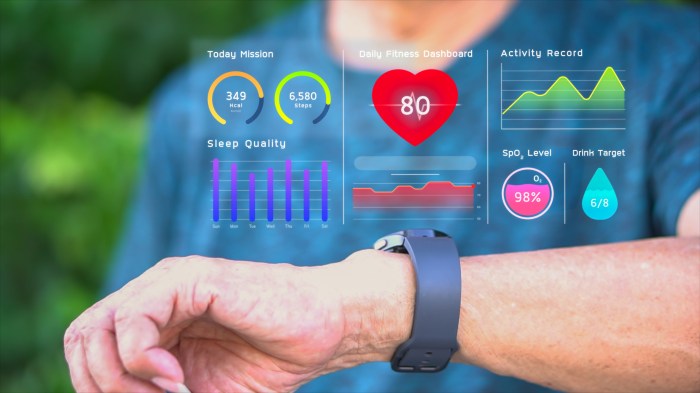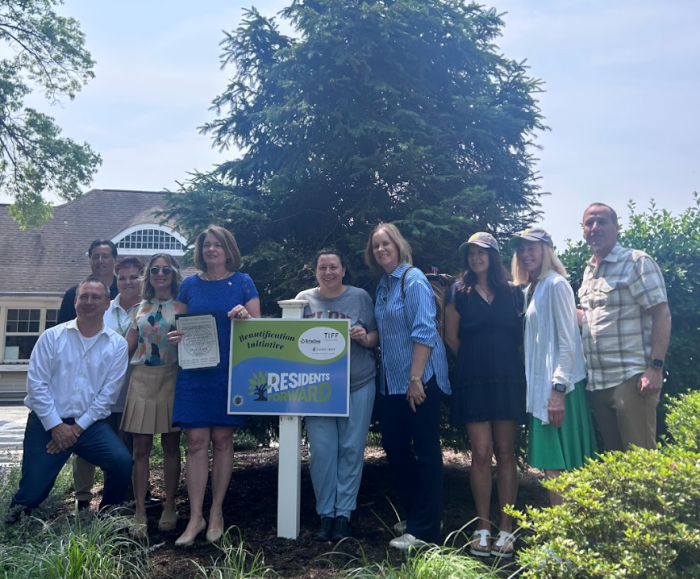The Long Island Power Authority (LIPA) announced it has begun to install approximately 2,000 smart meters in homes and businesses along Route 110 in the towns of Babylon and Huntington. Smart meters are part of the Smart Energy Corridor Project located along Route 110, funded in part by the Department of Energy. The Project is a partnership comprised of LIPA, Stony Brook University and Farmingdale State College. The Project builds off the success of LIPA’s first smart meter pilot introduced in 2009 that served homes and businesses in Hauppauge and Bethpage.
Smart meters provide more timely and accurate information to both customers and LIPA. While customers have the ability to track, manage, and control their own energy use, LIPA will be able to collect electronic meter reading, which will provide customers more accurate billing information. In addition, smart meters will allow LIPA to pinpoint outages and respond more quickly.
“LIPA is committed to laying the foundation for a smart grid on Long Island,” said LIPA Chief Operating Officer Michael Hervey. “This next phase of smart meters and the Smart Corridor Project will provide better real-time information to our customers and LIPA in order to help increase operational efficiency, energy efficiency, outage communications, and customer service.”
The smart meter pilot will demonstrate how customers can manage their electricity and cost, using information provided to them by Smart Grid technology. LIPA will evaluate the impact of a range of variables on customer behavior and consumption, including alternate Time-of-Use (TOU) rate structures. Certain consumers within the pilot project will receive information, analytical tools, outreach and educational support. In addition, some customers will be offered equipment that receives signals from the meter to control high load devices, such as heating, ventilation, and air conditioning equipment (HVAC) and pool pumps to demonstrate functionalities that help reduce load during peak demand periods.
LIPA will also demonstrate how distribution automation can be used to reduce the number and duration of outages, as well as promotion of automated self-healing of the grid with limited or no operator intervention. This has the possibility to increase reliability while decreasing costs.
Stony Brook University will conduct research on cybersecurity, power flow analysis, load forecasting, phase balancing, voltage control, and customer information visualization – all of which contribute to reliability and saving customers money. In addition, Stony Brook University will conduct courses relating to Smart Grid technologies and public outreach as well as use its business incubation programs to develop and commercialize Smart Grid products creating the basis for additional economic development on Long Island.
Farmingdale State College will demonstrate the benefits of load control and smart meter enabled energy management on a portion of its campus and will install distributed renewable generation to demonstrate how it can be integrated into the local network to reduce energy requirements while supporting reliability. The College will create full-scale operating models demonstrating Smart Grid technologies in commercial and residential settings to increase public awareness and adoption. It will demonstrate how plug-in hybrid electric vehicles can be used as a potential source of stored energy within a local network. In addition, the College will develop and implement training for the expertise needed in clean energy jobs.
Deployment of the 2,000 smart meters is expected to be completed by June 1, 2012.
LIPA was one of the first utilities in New York to deploy smart meters in March of 2009 when the Authority announced a pilot program in Hauppauge and Bethpage to provide information on how smart meters will help customers receive real-time information about their energy usage, help them to use energy more efficiently and save on their electricity bills.
The Smart Energy Corridor:
The Smart Energy Corridor generally runs along the 110 Corridor, affecting residential homes and the Long Island business community’s “Main Street,” in the vicinity of Route 109 in Babylon to the Long Island Expressway in Huntington and is a collaboration consisting of LIPA, Stony Brook University and Farmingdale State College to create the first Smart Grid on Long Island. The initiative focuses on all of Long Island’s key energy related technology resources into advancing the development and implementation of a “Smart Grid” including better energy utilization tools and enhanced reliability for customers, as well as more effective use of LIPA’s electric infrastructure that over time will help to mitigate the unit cost of energy delivery


































